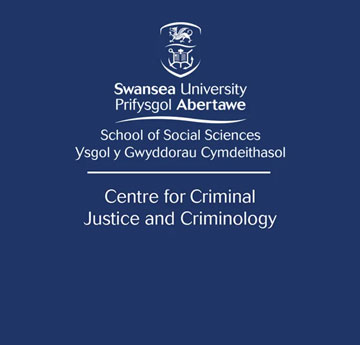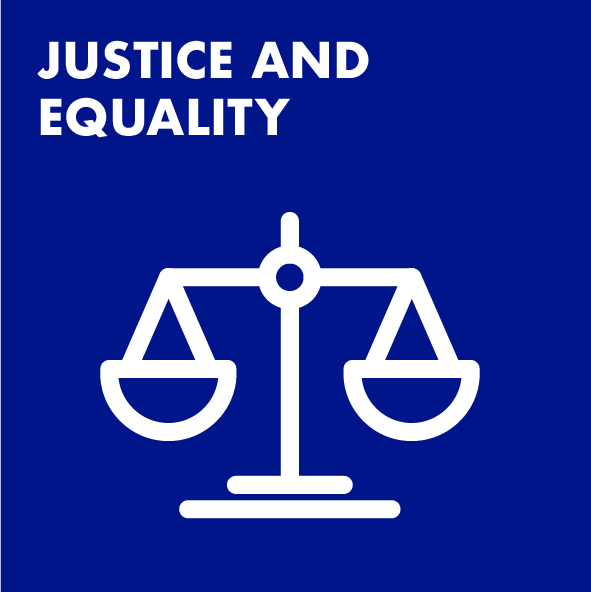The Challenge
People engage in sex work for a wide variety of reasons, from what is commonly referred to as ‘survival sex’, or because of sexual exploitation, or simply because a decision is made to earn a living by selling sexual services. Unfortunately, sex workers have been outside of the policy and practice framework in Wales, leaving workers extremely vulnerable and their multiple needs unmet. Given the very nature of sex work and the morality surrounding the sex industry, transforming the policy and practice responses to sex work in Wales has been a significant challenge.
The Method
Professor Tracey Sagar and Associate Professor Debbie Jones at the Hillary Rodham Clinton School of Law have worked alongside agencies, policy makers and front line professionals in Wales to put in place recommendations and action plans which have transformed policy and practice.
The Impact
Impacts have been wide ranging. For example, in collaboration with partners the recommendations led to interventions to divert sex workers away from the criminal justice system as well as the creation of Sex Worker Operational Teams and multi-agency risk assessments. Information sharing protocols have also been developed and outreach services into off street establishments put in place.









